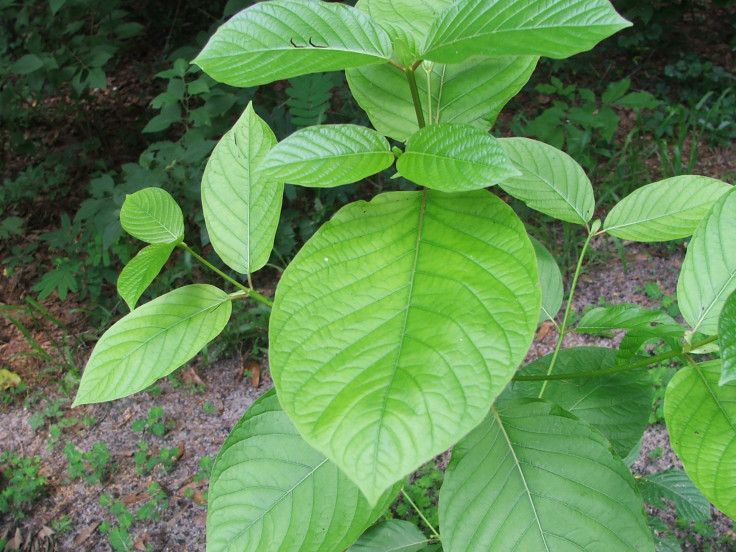Kratom Causes Salmonella Outbreak, Infecting People Across US

Some products containing the plant kratom, used as a stimulant and for certain medical purposes, have been contaminated with salmonella, the U.S. Centers for Disease Control and Prevention reported Feb. 20, warning people to avoid consuming those items.
The CDC announced that evidence points to a “multistate outbreak” of salmonella being linked to kratom. That includes reports from sickened people that they had consumed the plant in powder, tea or pill form.
So far, 28 people have been infected in 20 states, with almost a dozen of those people hospitalized.
“No common brands or suppliers of kratom products have been identified at this time,” the CDC said. “Because no common source of salmonella-contaminated kratom has been identified, CDC is recommending against consuming any kratom.”
However, analysis shows the salmonella that has sickened the different patients are genetically related and three-quarters of them reported consuming kratom in the months before they got sick.
Kratom is a plant that has long been used as a folk remedy in Southeast Asia but has recently picked up steam in America. It is used by some people to treat pain and anxiety or increase energy, and can imitate the effect of opioid drugs, prompting concerns about the risk of addiction and abuse in the U.S., where opioid abuse is a growing problem.
People ingest kratom in various ways, including brewing it into tea, smoking it, chewing it or consuming it in capsule form.
Kratom is also known by the names Thang, Ketum, Biak, Thom and Kakuam and grows in Thailand, Indonesia and Malaysia, among other locations.
A CDC map indicates that California has the most people affected so far by the kratom contamination, with three salmonella patients. Several other states, with no apparent geographical pattern, have one or two patients each.
The Food and Drug Administration is also investigating the outbreak — what it referred to as the result of a “rare strain of salmonella” — and advised people against using products containing kratom.
Salmonella symptoms include fever, diarrhea, abdominal cramps, chills, headaches, vomiting and blood in the stool. The bacterial infection is often caused by raw meat, raw eggs or contaminated produce.
In rare cases, complications from salmonella can become deadly.
In addition to a salmonella outbreak linked to kratom, the CDC has also just reported one connected to raw sprouts served at the sandwich restaurant Jimmy John’s in Wisconsin and in Illinois.
© Copyright IBTimes 2024. All rights reserved.











